Waking from the American Dream, 1
Two recent New York Times front page articles that may say so much: Rising Global Demand for Oil Provoking New Energy Crisis, and Fed Chief Warns of Worse Times in the Economy. One about oil, the other about the economy. Wisely, one can question the perspicacity of extending trends such as these—however large-scale—to divine the future. We intuit that such trends are linear with a relatively short history and that reality is so complex that any number of unanticipated events can swallow up what we once considered important.
However, among the complexity of our global reality, three mutually-reinforcing mega-trends clearly stand out. One is the unprecedented boom in the world economy, the second is the unprecedented devastation of the Earth-providing life-support systems, and the third is the continuing economic bifurcation of our human family. The first trend implies a huge improvement in many people’s material existence—300 million Chinese in the past twenty years, alone—and a huge increase in material consumption. The second trend speaks of great suffering for about three billion people and unimaginable suffering to the nonhuman life that shares this planet with us. And the third trend becomes—along with the previous one—a moral siren ringing deep under the layers of our unconscious, trying to wake us up to our senses. These trends are like trains running on the same track, headed for some as yet undetermined collision, and—being that, by the very nature of our universe, all events are somehow connected—they are reflected in the oil and economic news.
First, the economic news. Intricately tied to the precipitous fall of the dollar’s value is U.S. debt and therefore the rate of American consumption. The U.S. federal debt is five, nine, or sixty trillion dollars, depending on how you measure it. All three are true. If one takes the nine trillion figure-- the sum total that the U.S. government presently owes—it comes out to 65% of the nation’s annual GDP. On top of that, Americans are individually in debt to the tune of another 2.3 trillion dollars, $760 billion of it being in the form of credit card debt. Our foreign debt is three trillion dollars. Clearly, Americans consume far more than they produce. This single fact reverberates across the global fabric, creating ripple effects everywhere.
Following one important wave across the world: Asian banks hold over 2.3 trillion dollars of U.S. assets. China, alone—according to a testimony prepared by Kenneth Rogoff for the U.S. House of Representatives June 26, 2007—holds $1.2 trillion in treasury reserves. As the value of the dollar compared to other currencies continues to slide, so does the value of the vast Asian holdings. Both buying more U.S. dollars and selling could destabilize the U.S. economy, and since the U.S. is the principle importer of Asian goods, this could seriously influence their economies. Already, China has decided to diversify its investments by buying euros. With less treasury bonds being bought by China (and likely Japan, Russia, Saudi Arabia), the easy overseas credit that the U.S. has been using to run the government will begin to dry up. Without the easy foreign money, wars, education and health care will be equally more costly to fund. Within a generation, Americans could find that entitlements—such as Social Security, universal education, extensive highways infrastructure, a massive military—that we have held as our birthright may no longer exist.
